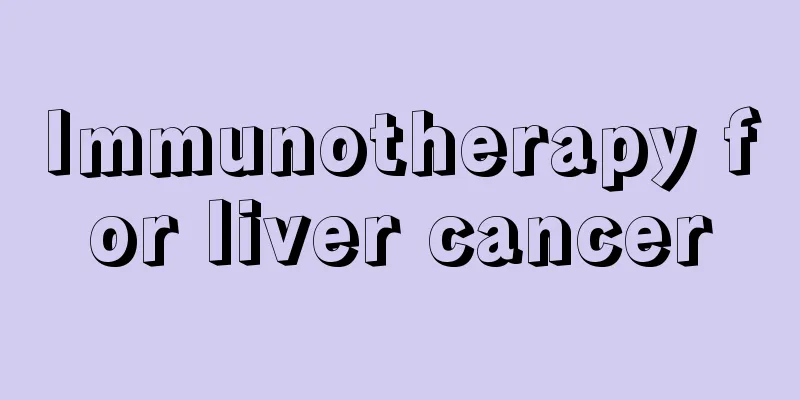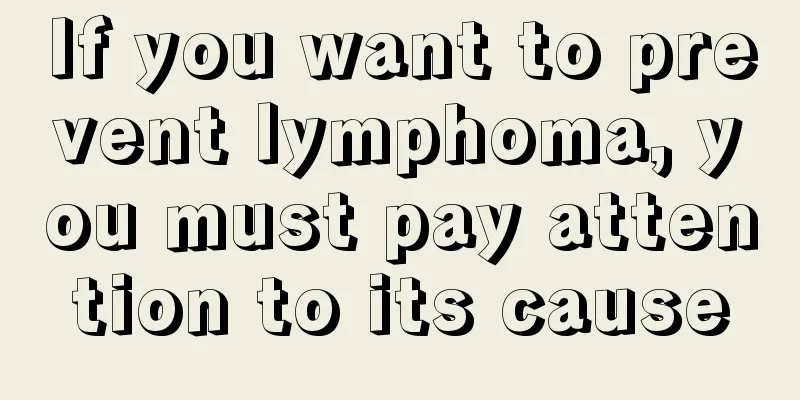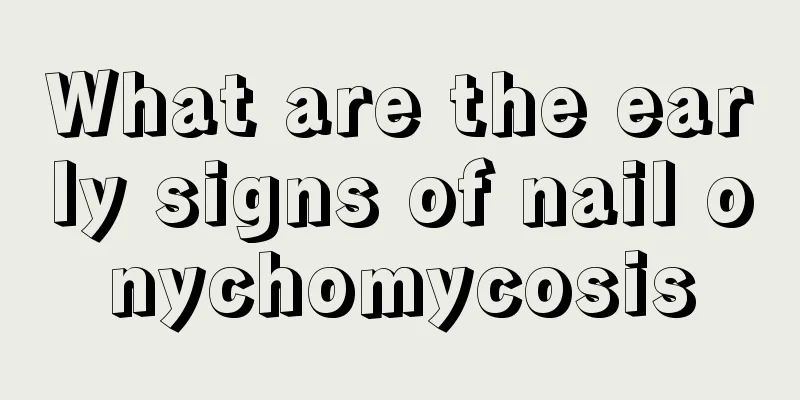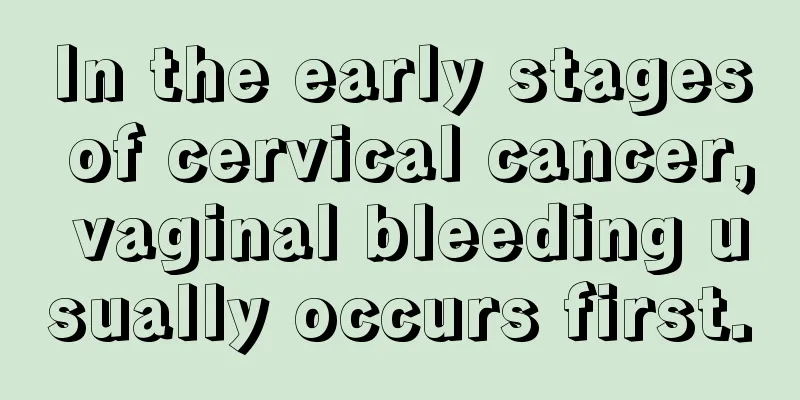At what age do children start to change their teeth?
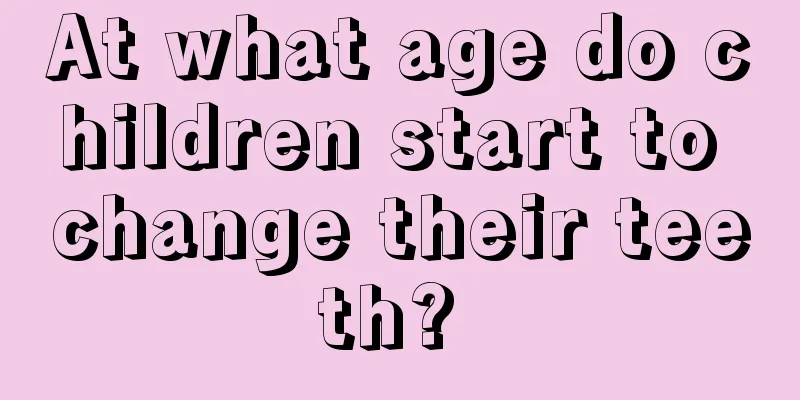
|
A person's teeth indicate whether his gastrointestinal health is good, and the cleanliness of his teeth will also affect his social life. Humans generally have 32 teeth, whose function is to cut and chew food. Moreover, after people grow their first teeth, they will replace their teeth, so there are two tooth growth processes in their lifetime. So at what age do children generally start to change their teeth? Let’s take a look. A person grows teeth twice in his life, once is the deciduous teeth, and once is the permanent teeth, which are adult teeth. The permanent tooth germs begin to develop and calcify after birth and start to erupt at the age of 6-7. There are 32 permanent teeth in total, and they are usually fully erupted by the age of 20. When the permanent teeth erupt, the deciduous teeth fall out one after another, and the time sequence is as follows: At the age of 6, the two lower incisors come out, and at the same time, the first large molars, commonly known as molars, come out behind the second deciduous molars, one on the upper and lower left and right; the two lower deciduous incisors fall off. At the age of 7, the two upper front teeth came out and the two deciduous front teeth fell out. At the age of 8, the upper and lower incisors come out, and the upper and lower deciduous incisors fall out. At the age of 9-10 years, the lower canines and the first bicuspids (one on each side, upper and lower) break out, and the lower deciduous canines and the first deciduous molars (one on each side, upper and lower) fall off. At the age of 10 to 11 years, the upper canines emerge and the upper deciduous canines fall out (one on each side). At the age of 11 to 12, the upper and lower second canines come out (one on each side), and the upper and lower third deciduous molars fall off (one on each side). Generally, all the deciduous teeth fall out at the age of 12 to 13, and then only permanent teeth, namely molars, come out. The second molars come out at the age of 12, and the third molars come out at the age of 18, every 6 years, hence the name 6-year-old teeth. However, some people do not get these teeth until around 30 years old, and some individuals do not get them at all. When children are changing their teeth, if the deciduous teeth do not fall out and the permanent teeth erupt on the side of the deciduous gums, which is the so-called double teeth, they should go to the hospital as soon as possible to extract the deciduous teeth, and the permanent teeth can quickly return to their original positions. In addition, if the deciduous teeth fall out early and the permanent teeth do not erupt for a long time, children will be accustomed to chewing food with their gums, and the gums will become keratinized and thickened, making it difficult for the permanent teeth to erupt. If the permanent teeth are close to the gums and the gums become dark and white, and the hard cutting edge of the teeth is touched under the gums during palpation, the gums at the cutting edge can be cut off to expose the cutting edge of the teeth, which will accelerate the eruption of the teeth. In addition, children should eat more hard and crisp foods during the period of tooth replacement, such as steamed bread, dry bread, dry corn bread, vegetables, beans, etc., to stimulate the development of upper and lower jaws and promote the early eruption of permanent teeth. When deciduous teeth are lost, the roots are absorbed first. After the rootless deciduous tooth crown falls off, the permanent tooth crown will erupt from under the gums in the original tooth socket. For newly erupted teeth, the dentin has not yet fully formed and the root continues to develop. It takes about 11/2 to 3 years for the root apex to be fully formed. During the period of teething or tooth replacement, children must be well protected, avoid all trauma, and pay attention to nutrition, especially mineral salts, calcium, phosphorus, or vitamins D, A1, C, etc., to promote the formation and calcification of tooth hard tissue. Above we can see the age ranges at which people replace their teeth throughout their lives. Here we would like to remind everyone that teeth can not only chew food, but also help with pronunciation, and have a certain impact on people's facial beauty. Therefore, it is recommended that parents remind their children not to eat sweets and other precautions when their children are changing teeth. |
<<: What are the symptoms of adnexitis?
>>: What are the symptoms of peripheral arteriosclerosis?
Recommend
How to quickly reduce swelling from a sprained foot?
If you sprain your foot, you should pay attention...
Remove red blood streaks
Red blood streaks are very easy to appear on the ...
Will pancreatic cancer relapse and metastasize
When it comes to pancreatic cancer, many people a...
Fitness and weight gain plan for skinny people
Many fat people particularly hate thin people and...
What causes dry cough without phlegm? Beware of 12 factors
Dry cough is a common clinical symptom. There are...
Royal jelly for hair loss
Royal jelly has a certain effect in treating hair...
What are the dangers of manicure
Nails are mainly used to protect the hard area at...
What should I eat to increase my milk supply after giving birth? What can pregnant women eat to increase their milk supply the fastest?
A pregnant woman has just given birth and based o...
Ten secrets to nourish your heart in summer
How to nourish the heart in summer? The hot weath...
4 Dos and Don'ts in Diet for Pancreatic Cancer Patients
A reasonable diet plays a very important role in ...
Is it good to use hot water to treat athlete's foot?
Athlete's foot is a common condition among pe...
Where do herpes usually appear?
Herpes is a very common disease. Herpes can appea...
How to fix dentures
Having problems with your teeth is a very painful...
What are the factors that lead to bladder cancer?
Bladder cancer is not caused by a single factor, ...
What to do if you are allergic to silver jewelry
Compared with gold, in terms of price, gold is mo...

